Editor’s Letter:
Rediscovery
I have been on a roll with my commitment to rediscovering my love for reading this year. My mother will proudly tell anyone who cares to listen that all three of her children were reading fluently (the King James Version of the Bible included) by the age of five. As the years passed, I transitioned from my parents’ personal library, a wall five metres long with shelves warping beneath the weight of books from floor to ceiling and countless more books boxed in the garage, to the German colonial-era school libraries where the air hung heavy with the musty smell of damp books, and finally to the sterile, fluorescent-lit research libraries of university. Somewhere along this journey, reading transformed from a temporal travel device into a mere necessity. Before I knew it, I had traded my beloved books for ever-shrinking screens until I was holding them in my hands, mindlessly scrolling in dim blue light, the clandestine school nights of reading by flashlight long forgotten.
The alarm sounded after another failed attempt at undistracted reading: my brain had apparently devolved into a 1995 Pentium processor with the memory of a goldfish, no doubt conditioned by the quick, flashing 20-second storylines of my nighttime scrolls. Compounded by the realisation that my offspring had failed to meet the generational bar and could not read the King James Version for a song, I set out to right my wrongs. With my partner in tow, I returned to one of my favourite haunts, an old bookstore specialising in second-hand books and exchanges, because sustainability matters. There, I armed myself with enough literary ammunition to begin my re-evolution into an enlightened being. Of course, my companion’s selections proved more refined than mine: a copy of Cervantes’ Don Quixote and something titled Babel that I looked down my nose at for being published in 2022, too recent to be considered renaissance reading by the likes of me.
Despite my scepticism, I read Babel, and what a revelation it was, so profound that it inspired this edition’s cover story. The novel transforms the field of translation into a mesmerising world of magic, history, language and colonialism. What fascinated me most was its exploration of meanings lost across translations and the critical importance of translating and re-translating to preserve original intent. This resonated deeply with our Zambian context, where language extends beyond the written and spoken word into verbal traditions and visual expressions. Many of our sacred customs exist only in song, oral traditions, and dance where no cross-linguistic alternatives that can fully capture their nuance and depth exist. The feature, Lost in Translation engages with this reality head-on, dissecting the intersection between Zambian languages, culture and the human yearning for belonging.
This quest for belonging is powerfully expressed in a heartfelt tribute to the late Dora Moono Nyambe, a self-sacrificing heroine whose impact defies words. Driven by the illiteracy and vulnerability of children she witnesses in Mapapa, her story follows her selfless decision to exchange the city and a new future abroad, for this remote village. Using social media as her platform, she crowdfunded a safe haven and clinic while rescuing children from forced marriages and abuse. You can find out how to support her vital work within the article.
As I place my screens aside more often now, rediscovering not just books but the slower, deeper thinking they demand, I’m reminded that some things, like culture, language and human connection, are worth shielding from the erosion of technology. Perhaps in an act as simple as rediscovering reading, we could also rediscover parts of ourselves.
Happy reading!
Shammah Phiri,
Deputy Editor



